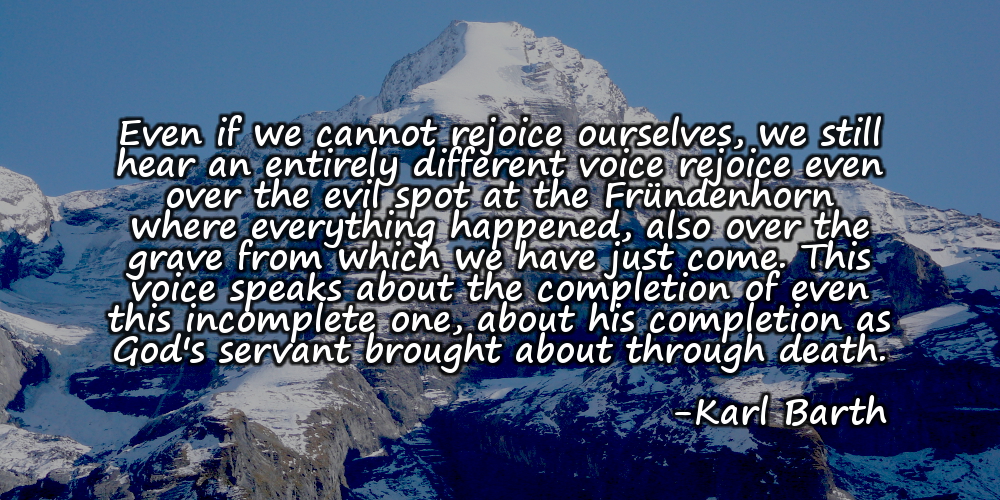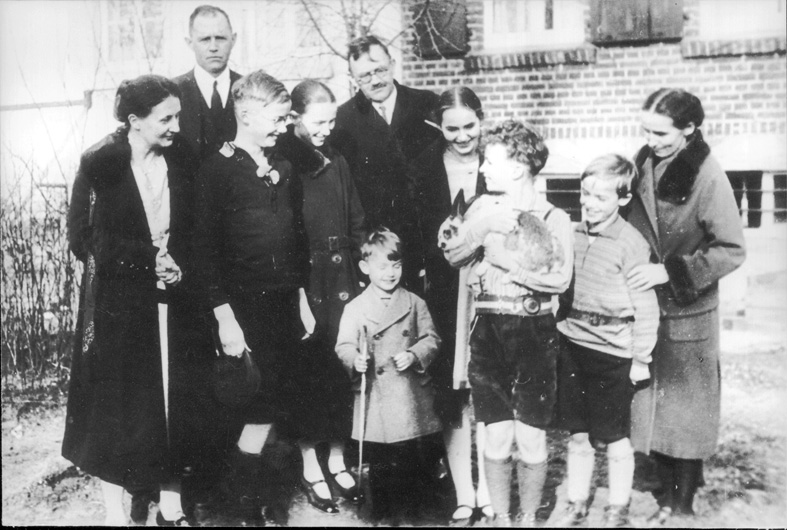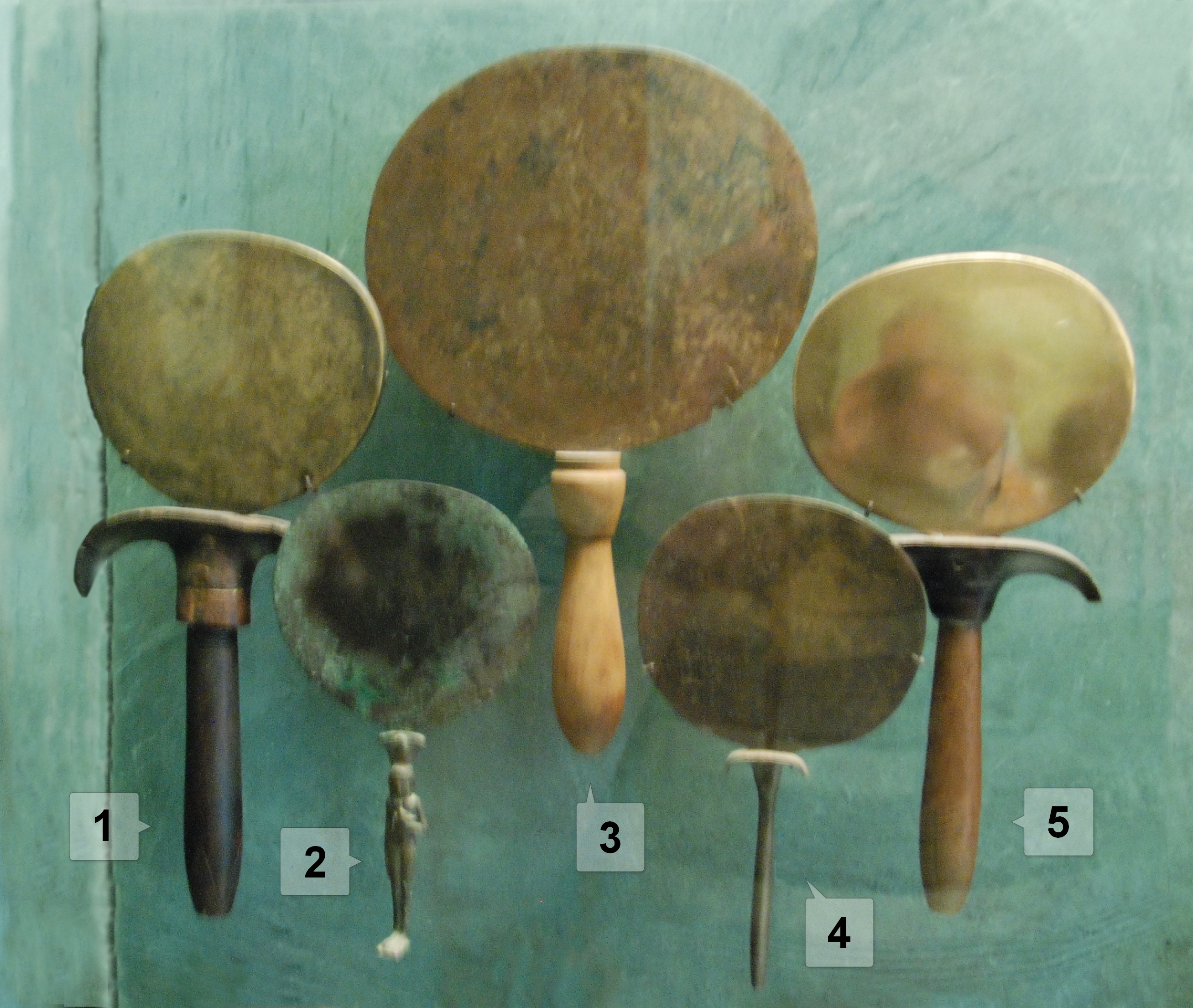

Matthias Barth died on Sunday, June 21st, 1941. He fell in a climbing accident at Fründenhorn mountain. Matthias was 20 years old and the fourth child of Karl Barth. Karl Barth preached the sermon at Matthias' funeral, and it is printed in This Incomplete One: Words Occasioned by the Death of a Young Person. This book contains several sermons by famous theologians preached at the funeral for their own children. Karl Barth's sermon is particularly interesting because Barth arguably held to a "timeless" eschatology that denied there is an afterlife and rejected supra-temporal eternal life. Barth believed his eschatology provided us hope, and to better understand Barth's eschatology, I've provided a summary of Barth's funeral sermon for Matthias with some commentary in order to understand how Barth's eschatology was and was not hopeful through these words he spoke over Matthias' grave.
Karl Barth's Funeral Sermon for Matthias Barth
Barth's funeral sermon begins at the grave of Matthias with a nostalgic anecdote about his son Matthias' predilection for 1 Cor 13:12. Barth reads the verse and then describes his son's wounds in a way that's reminiscent to that of the crucified Jesus by saying, "And now we have come from the grave where we laid his poor broken body to its final rest". This verse made a "curious impression on our Matthias" and "the verse was found beneath a picture" in the Barth household that "Matthias saw daily in our home." Karl Barth had once "discovered by chance that he [Matthias] had copied this verse down in Latin, and it appeared that he had been contemplating it".
Barth's sermon text is "For now we see through a glass, in an enigmatic word; but then face to face" (1 Cor 13:12). As a short excursus, notice how this translation follows the German bible by separating the initial "now" to the final "then" with "in an enigmatic word" to emphasize discontinuity between the now and then. The common English translation of "in a mirror dimly" is received by a English reader to emphasize continuity between the "now" and "then" because modern mirrors reflect flawless images unlike ancient mirrors that were dull scraps of bronze that one must squint to recognize oneself in it (see the inline image). Barth's sermons are most often based on one verse like this one, so it's important that we do not get lost in translation.
Barth then exegetes the now and then in this verse as we anticipated:
"Because God's grace has come to help us in our misery through our Lord and Savior Jesus Christ, thus it is so: wherever and however we live our life with all its hopes, weaknesses, and secrets, both are true, both—deeply and indissolubly united with each other: the Now! but also the Then! They are not separate from each other but entirely together: The Now where we see very well and understand everything, yet we do not know at all what everything is like in reality. And the Then, where we will see everything clearly and where all will be glorious. The Now: a mirror in which everything is turned upside down; an enigmatic word, which certainly gives us an answer but at the same time remains the most difficult question. And the Then: where we will not only be known by God, but we ourselves will know him no less fully than he knows us."
This Incomplete One: Words Occasioned by the Death of a Young Person. Ed. Michael D. Bush. Grand Rapids, MI: W.B. Eerdmans Pub., 2006. 12-13. Print.
I begin to understand why Barth has chosen the phrase "in an enigmatic word" to connect the "now" and "then" of 1 Cor 13:12. When faced with the loss of a child, we have hope in Jesus Christ in the midst of our loss, yet we do not know the true nature of really, or why this has happened. Barth's response is one of solidarity, that is reminiscent of Jesus as he faced his own death in the garden, and said: "Father, if you are willing, remove this cup from me; yet, not my will but yours be done" (Luke 22:42).
An intriguing point is that Barth looks forward to understanding the loss of his son in a new way, and does not express hope for a future time with Matthias. It's a noetic hope, one to understand the past, rather than an ontic hope for a future reunion with his son.
"It is by the grace of our Lord Jesus Christ that the Now and the Then are together in such a way that no power in heaven or on earth can separate them again. For it is he alone who in his bitter death on the cross and in his glorious resurrection has bound the Now and the Then together so that even now there is no mirror or enigmatic word that does not have standing behind it the clarity of that seeing face to face. And everything single beaming ray of the future glory of God will be nothing but a particular turning and adjusting of the reflection before which we now stand, a particular resolving of the riddle we are now trying to figure out."
Ibid. 13.
Barth then explains how the enigmatic relationship between the "Now and Then" relates personally to his son Matthias:
"In our thoughts about our Matthias we do not want to put ourselves in any other place than precisely at this border. He has now crossed over it, and we are still here. But we are not far from each other if we put ourselves at this border. But we are not far from each other if we put ourselves at this border. In Jesus Christ there is no distance between Now and Then, between here and there, however profoundly they are separated. Our Matthias—just as he really was—is in Jesus Christ, yet very differently than the way he used to live with us and we with him. He is the same, yet he has become completely different. Because Jesus Christ has taught us about both, about life and death, death and life, we may now therefore remember our Matthias and thus speak about him"
Ibid. 13-4.
And Barth's next comments explain how Matthias now sees "face to face" in a way that we do not. This telling quotation indicate that Barth has a future hope for Matthias, that is not merely a nostalgic and redeeming memory. Barth describes Matthias' experience of "face to face" in the vernacular of a beatific vision:
"But for him the Then is already effectively Now, beyond the mirror and the enigmatic word. He now sees that which he obviously meant and wanted to see in our Now: face to face, knowing God and all things in such a way as God himself has known him throughout eternity. Being "in Jesus' arms and lap" he now truly knows it better than his father and his brothers. Could it be that he, like Joseph, already here dreamed more about the true reality of life [Gen 37:6ff.] than he knew?"
Ibid. 15.
The sermon then returns to anecdotes about Matthias' life and aspirations. Matthias had an excellent education but did not believe he had enough life experience. Maybe this is what inspired him to climb mountains. Matthias had looked forward to working in the armed services in the future. Barth reflects on Matthias' life and then ends with a discussion of King David's loss of his child with Bathsheba, concluding the sermon with these words:
David therefore was right. Precisely where we must give up everything as lost, hidden beneath the sighing and tears which we are allowed to have, the appropriate thing for us is the full jubilation of those who even now may taste the life that waits beyond each grave.
A deep helpless and defenselessness was perhaps something of our Matthias's innermost being. How could he have escaped the strong one who now, as in a storm, swept away his life that was so far from completion? But even now we believe and know that there is One who long since took this strong one captive, who long since took away his power to kill, who long since has forced him into his own service. This we shall see when we see him face to face. But the Then is very close to the Now. Therefore, in all our sorrow today, we cannot merely mourn.
Even if we cannot rejoice ourselves, we still hear an entirely different voice rejoice even over the evil spot at the Fründenhorn where everything happened, also over the grave from which we have just come. This voice speaks about the completion of even this incomplete one, about his completion as God's servant brought about through death. It speaks about peace and joy and life to the fullest [John 10:10]. What else can we do as we hear this voice but thank our God -- even if in tears -- that he fulfilled his good will and purpose in the life and the death of Matthias? And with us, too! 'I am,' Jesus says to us, 'the resurrection and the life' [John 11:25]"
Ibid. 20.
Conclusion
Karl Barth loved his son Matthias, and the grief of losing a child is beyond what words may express, so this sermon is not a final or definitive statement on Barth's beliefs about afterlife or eternal life. However, by listening to what Barth does and does not say, we may better understand his eschatological hope. Barth does not believe Matthias has disappeared into the abyss, but that in his death, he will "taste the life that waits beyond each grave" and that our response to his death should be "full jubilation". Barth says that even though Matthias' life was incomplete, God will bring completion to Matthias' incomplete life in his death. Barth's message is one of hope for his son, and belief that God will make complete Matthias' life in his death, means that we may all hope that through our death and in our death, we will finally see completion in life that was enigmatic before our death. Barth does not speak of death like an optimistic atheist, who makes the most of his own life, and finds solidarity of the good times had with the one they had lost. Barth's hope is that we will all have some sort of Beatific Vision of Christ in our death, that we should hope to one day receive.
Barth's sermon does not relieve the concerns I've raised previously regarding his rejection of the afterlife and supra-temporal eternal life. Barth does not mention any continued life or future life for his son beyond his death. Barth sees the last moments, as one of fulfillment, but without continuation. The sermon lacks any reference to a future reunion with his lost son, or any future change of events that would make wrongs right. Barth does speak of some sort of Beatific Vision, but this sounds more like a paradigm shift or a noetic change, such that we will be able to see things differently, or finally see the true nature of what happens. It is true that we do not have all the information, but seeing things differently doesn't indicate that there is any real reconciliation or redemption that occurs. However, it must not be overlooked that Barth calls the event of Matthias' death "evil".
In the end, Barth's eschatology now remains an enigmatic word to us, especially since it was never completed. We understand it in a mirror dimly, and we have no choice to recognize the enigmatic doctrine, and to wait when we finally see face to face to fully understand the reality of our hope.
Sources:
- Ancient Mirrors: Wikipedia
- "Fründenhorn 3369m 20111016" by Bgvr - Own work. Licensed under CC0 via Commons.
- Barth family photo: "Gallery." Karl Barth. N.p., n.d. Web. 05 Nov. 2015. http://kbarth.org/gallery/nggallery/karl-barth/1930-1935
Related: beatific vision, Death, eschatology, funeral sermon, grave, Incomplete One, Karl Barth, Matthias Barth




November 6th, 2015 - 08:52
It is incorrect to state, as I have been reading on this website, that Karl Barth denied eternal life. He did not deny it though he did have particular view of it. Eternal life, he believed, did not mean “more chapters in the book” for any particular person. Rather it meant that our earthly life is the only life we get. In eternal life our earthly life taken as a narrative whole is rolled up like a scroll, so to speak, and translated into a new and higher plane. It is invested with eternal reality in communion with God. If you read carefully, or do an electronic word search, you can find this conception in III/2 and IV/3 especially.
November 6th, 2015 - 10:08
Dr. Hunsinger, thank you for commenting, and I agree that Barth did not reject eternal life, however he did reject afterlife. That is an important point to clarify! I provided a summary of Barth’s position on Eternal Life in a previous post and summarized it with these ten points based on what Barth said in his book Credo:
1) Barth claims his position is biblical and others are “philosophic arrogance”
2) Eternal Life is not super-temporal
3) Eternal Life is not timeless
4) Eternal Life is not infinite time
5) Eternal Life is not some other life
6) Eternal Life is not in some other world
7) Eternal Life is our past life lived that becomes new in relationship to God
8) Eternal Life does not mean our life becomes identical with the life of God
9) Our Eternal Life remains distinguished from the life of God
10) Eternal Life emphasizes “now” in our own life that we have lived.
See (Barth, Karl. Credo. New York: Charles Scribner’s Sons, 1962. 169-70. Print.) I’ve provided a quotation here: https://postbarthian.com/2015/10/18/blogosphere-prefers-vikings-valhalla-to-karl-barths-eternal-life/
I’ve learned that Barth’s position on Eternal Life changed later in the Church Dogmatics, especially after his writings on participation in CD IV/2.
Thanks for your help, if you have any additional insights into Barth’s view on Eternal Life, I’d appreciate your opinion! And thanks again for following my blog.
Wyatt